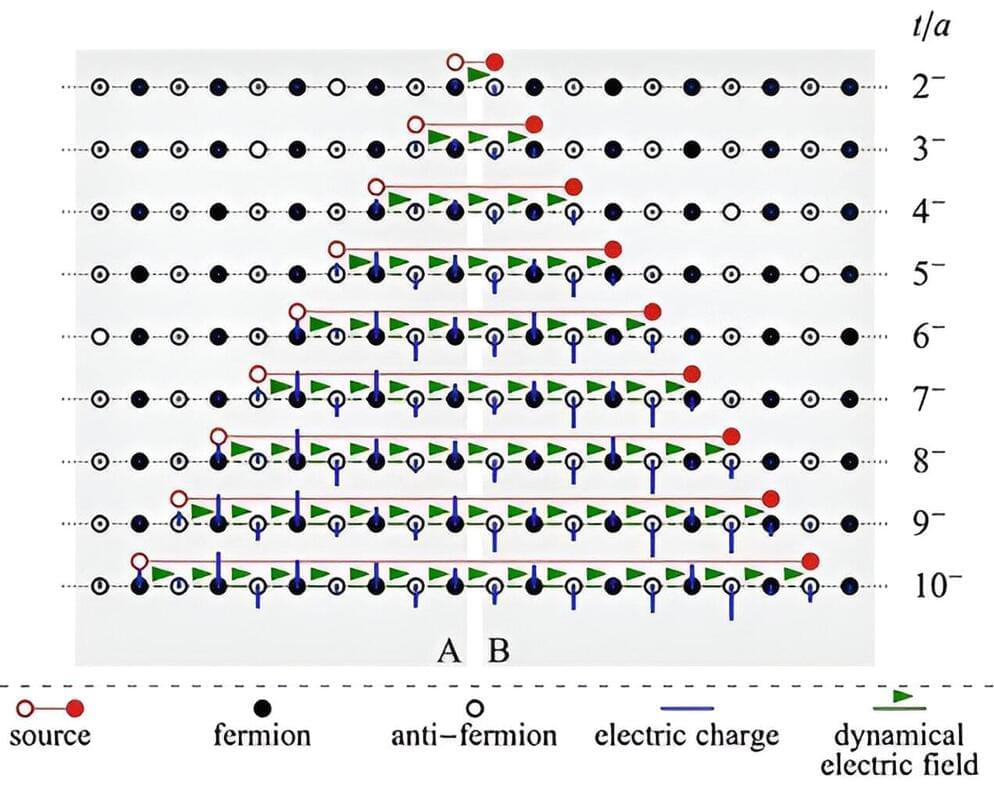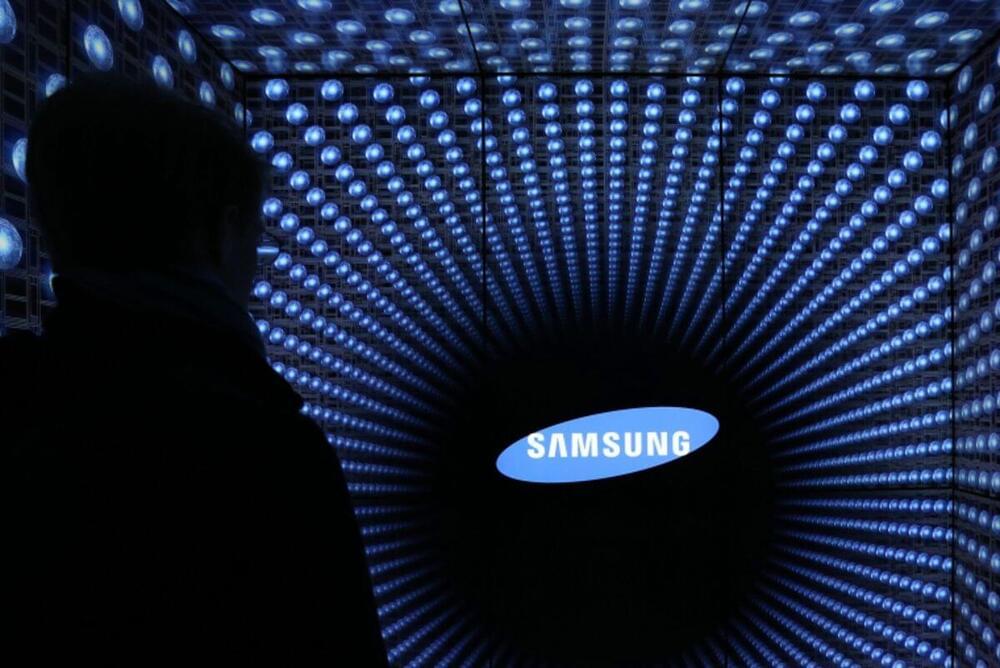TerraPower CEO Chris Levesque told The Financial Times it plans to start work on a site in Wyoming in June even if it hasn’t got a permit by then.



The owner of Novo Nordisk, the drugmaker that gave the world Ozempic and Wegovy, is funding a new supercomputer powered by Nvidia’s artificial intelligence technology with a key aim of discovering new medicines and treatments.
The Novo Nordisk Foundation has awarded France’s Eviden a contract to build what the computing company says will be one of the world’s most powerful supercomputers, able to process vast amounts of data using AI.
It should provide “unprecedented potential to accelerate groundbreaking scientific discoveries in areas such as drug discovery, disease diagnosis and treatment,” Cédric Bourrasset, Eviden’s head of quantum computing, said in a statement.

OpenAI isn’t ruling out that its forthcoming Sora video generator might create nudity — and that could be bad news for the company.
In a sweeping interview with the Wall Street Journal about the forthcoming tool, OpenAI chief technology officer Mira Murati suggested that the company hasn’t yet figured out the whole nudity thing.
“I’m not sure,” Murati told the WSJ’s reporters when asked about nudity. “You can imagine that there are creative settings in which artists might want to have more control over that. Right now we are working with artists, creators from different fields to figure out what’s useful, what level of flexibility the tool [should] provide.”

Facebook is quickly being overrun by dubious, AI-generated junk — which is somehow attracting huge amounts of attention from its aging user base.
Worse yet, according to a new analysis by Stanford and Georgetown University researchers, first spotted by 404 Media, scammers and spammers are using this lowbrow content to grow their audiences on Facebook.
Even with the proliferation of AI image generators, the novelty has clearly yet to wear off for users on the largest social media network, a veritable social media dinosaur.

At first glance, Rabih O. Al-Kaysi’s molecular motors look like the microscopic worms you’d see in a drop of pond water. But these wriggling ribbons are not alive; they’re devices made from crystallized molecules that perform coordinated movements when exposed to light. With continued development, Al-Kaysi and colleagues say, their tiny machines could be used by physicians as drug-delivery robots or engineered into arrays that direct the flow of water around submarines.
The Tesla v12 software update is introducing what Musk has been calling “end-to-end neural nets”. The biggest difference with previous FSD updates is that the vehicle’s controls are now be handled by neural nets rather than being coded by programmers.

Hung-Wei Tseng, a UC Riverside associate professor of electrical and computer engineering, has laid out a paradigm shift in computer architecture to do just that in a recent paper titled, “Simultaneous and Heterogeneous Multithreading.”
Tseng explained that today’s computer devices increasingly have graphics processing units (GPUs), hardware accelerators for artificial intelligence (AI) and machine learning (ML), or digital signal processing units as essential components. These components process information separately, moving information from one processing unit to the next, which in effect creates a bottleneck.
In their paper, Tseng and UCR computer science graduate student Kuan-Chieh Hsu introduce what they call “simultaneous and heterogeneous multithreading” or SHMT. They describe their development of a proposed SHMT framework on an embedded system platform that simultaneously uses a multi-core ARM processor, an NVIDIA GPU, and a Tensor Processing Unit hardware accelerator.

